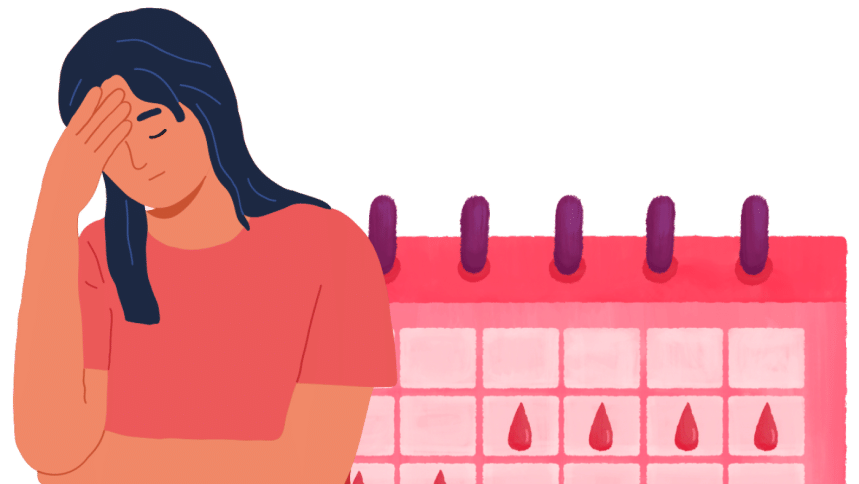Why we need menstrual leaves at work

The Spanish cabinet recently passed a bill which will give people who menstruate the option to take days off from work during their periods. Some companies abroad also allow employees the chance to work remotely during periods.
The level of distress that is felt during periods varies from person to person. Symptoms can include both physical pain and mental health issues. Some women experience intense cramps, dizziness, bloating, exhaustion and more. Mental illnesses such as depression and anxiety can spike during periods too. Other problems include, but are not limited to, having difficulty concentrating, irritability, and mood swings.
It is difficult for a lot of women to function in their day-to-day lives during periods, let alone invest their mental and physical labour into the workplace. Apart from the women who have serious medical conditions, the best way to cope with menstrual discomfort is to rest. Working through the pain affects both their health and productivity.
There is not a lot of period awareness in Bangladesh. It has been, and still is, a taboo topic here. Personally, I had no knowledge of what periods are prior to having them. Paid leaves are also quite scarce here. A lot of workplaces are stringent about offering them. Both of these together make paid menstrual leaves a difficult conversation in the context of Bangladesh.
However, the good news is that slowly some voices have started to come through. Chaalchitra, a café in Dhaka, recently posted a job opening offering menstrual leave among the job's benefits, which is commendable.

In the global scenario, only a handful of countries offer menstrual leaves at present, namely Indonesia, Japan, South Korea, Taiwan and Zambia. Spain will be the first European country to provide menstrual leave if the bill passes through their parliament.
Critics of the idea however think that it will hinder gender equality in the workplace, since people who menstruate will be treated differently than others.
The crucial point here is that the menstrual leave policy establishes "equity" among workers. The leave will be offered to those who need it. People who menstruate feel physical and emotional distress that is unique to them. Their disposition is different from those who do not get periods. So, it only makes sense that these people are accommodated.
Those who receive menstrual leaves are more likely to work better for it, according to studies. When employees get enough time to heal, it ensures that the quality of their work is not compromised.
This policy creates an environment where women feel respected and valued. It is past time workplaces started to recognise this issue.
References
1. DeccanHerald.com (March 18. 2022). The case for a menstrual leave policy.
2. BBC.com (April 29, 2022). Could 'menstrual leave' change the workplace?
3. Forbes.com (Jul 9, 2020). How Your Mental Health & Menstrual Cycle Are Linked.
Shimin reads everything she can find, talks to cats, and writes a lot of letters. Send her a book at [email protected]

 For all latest news, follow The Daily Star's Google News channel.
For all latest news, follow The Daily Star's Google News channel. 










Comments